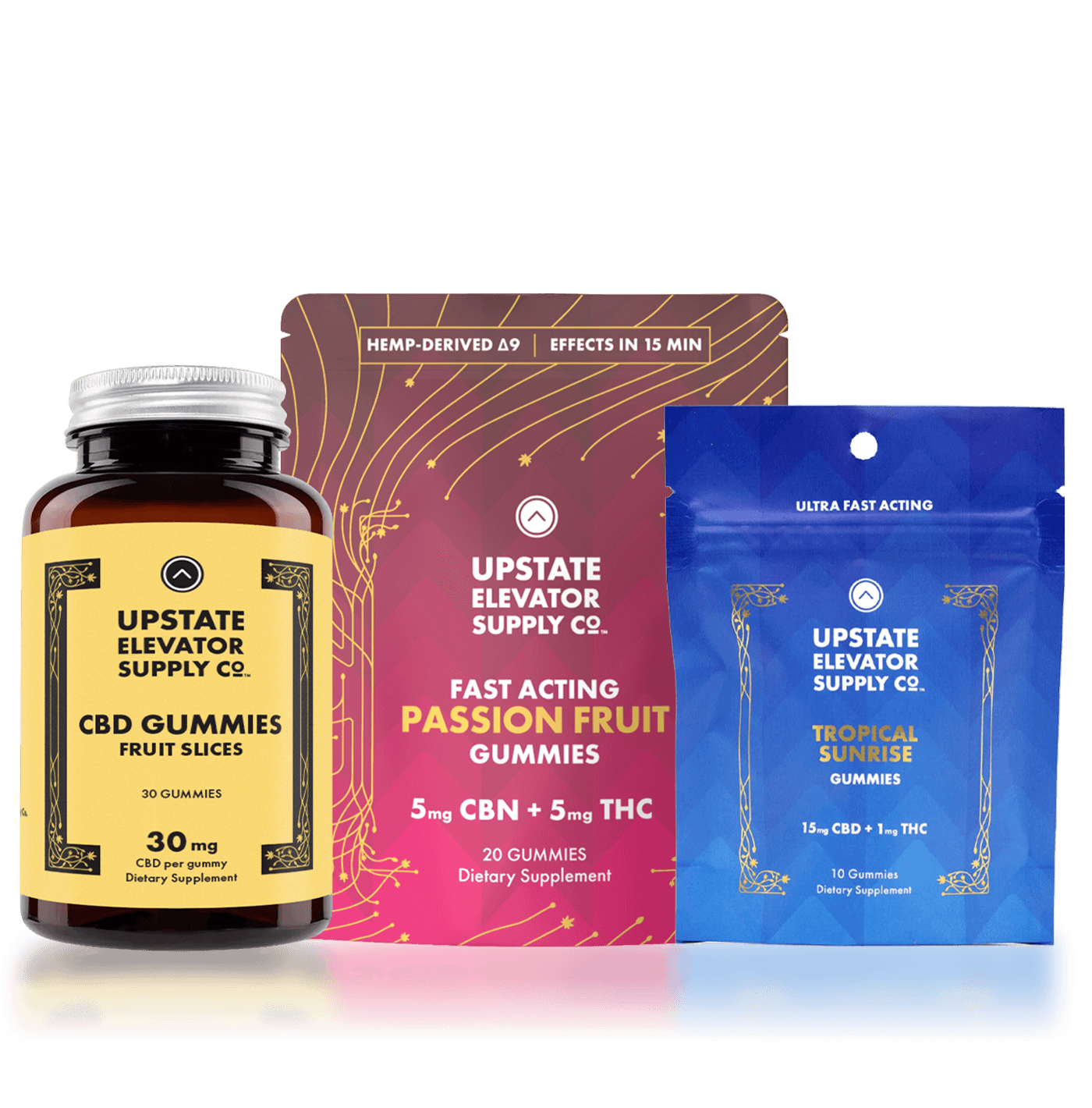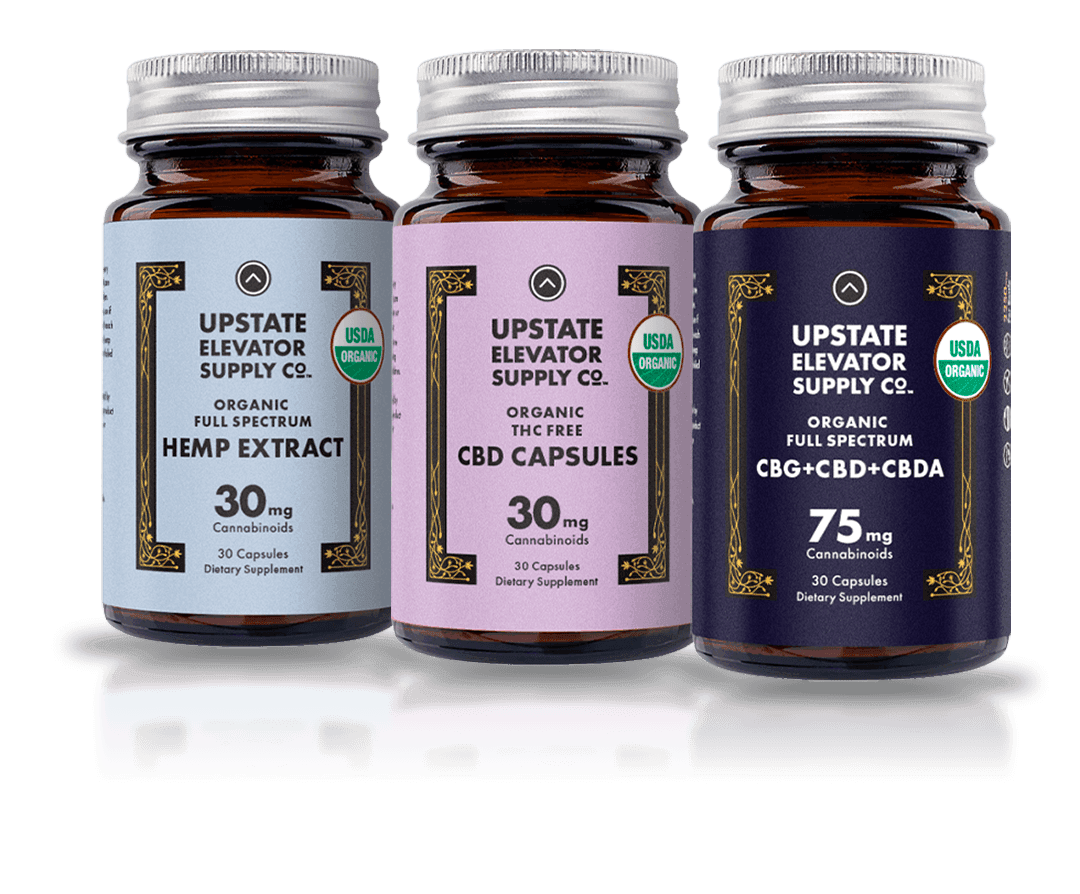Upon the December 20, 2018 signing of the 2018 Farm Bill, the era of hemp prohibition is over. Questions continue to be raised, however, about the legality of one of the country’s most popular hemp products, hemp-derived cannabidiol (CBD). The U.S. Hemp Roundtable, the industry’s leading business advocate for the full and permanent legalization of hemp and hemp products, strongly believes that U.S. federal law protects the retail sale of hemp-derived CBD. Our analysis follows.
Hemp-derived CBD is no longer a controlled substance under federal law.
As a consequence of the 2018 Farm Bill, hemp is now permanently removed from the Controlled Substances Act (CSA). It is now deemed an agricultural commodity, no longer able to be classified as a controlled substance, like marijuana. Furthermore, by redefining hemp to include its “extracts, cannabinoids and derivatives,” Congress explicitly removed popular hemp products – such as hemp-derived CBD — from the purview of the CSA. Accordingly, the Drug Enforcement Administration (DEA) no longer has any claim to interfere with the interstate commerce of hemp products, so as long as the THC level is at or below 0.3%.
This should give comfort to federally regulated institutions – pharmacies, banks, merchant services, credit card companies, e-commerce sites and advertising platforms — to conduct commerce with the hemp and hemp CBD industry. State and Tribal governments may impose separate restrictions or requirements on hemp growth and the sale of hemp products – however, they cannot interfere with the interstate transport of hemp or hemp products.
Read the U.S. Hemp Roundtable’s full legal analysis here.

















